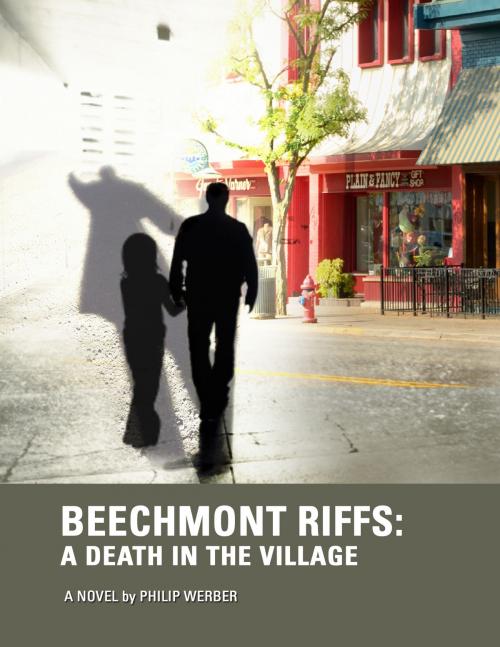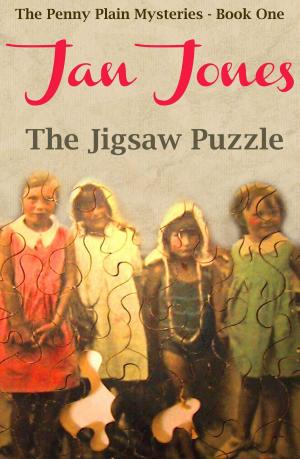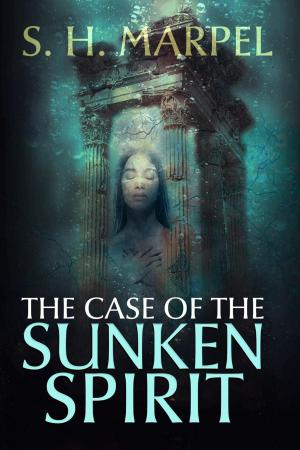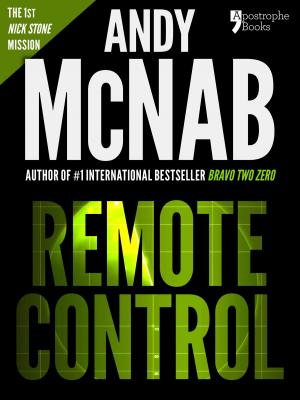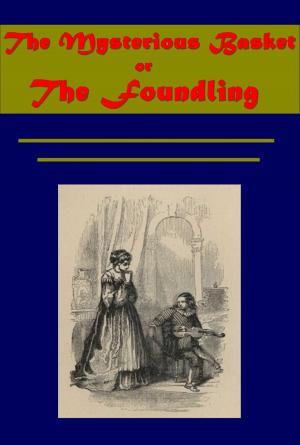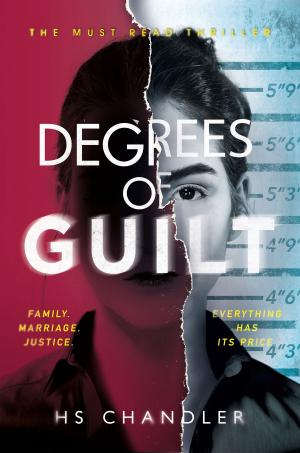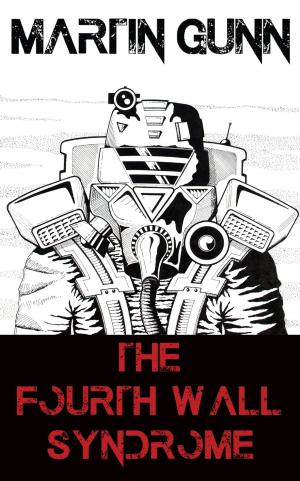| Author: | Philip Werber | ISBN: | 9781465946935 |
| Publisher: | Philip Werber | Publication: | December 9, 2011 |
| Imprint: | Smashwords Edition | Language: | English |
| Author: | Philip Werber |
| ISBN: | 9781465946935 |
| Publisher: | Philip Werber |
| Publication: | December 9, 2011 |
| Imprint: | Smashwords Edition |
| Language: | English |
"Beechmont Riffs" is a story based on facts that occurred in a wealthy middle class Westchester community in 1989. Here, in the lap of secure suburban society -- the American ideal-- a bizarre, horrifying murder took place. A married couple, both respected physicians, were found brutally murdered and maimed in the bedroom of their house. When the bodies were found days after the murder, leads were cold and few. What quickly surfaced were the following:
--This was only the second incidence of murder in the community since its founding in the late 1600's.
--The first murder occurred over thirty years ago when a young girl was raped and murdered. That murder was never solved.
--The current police chief investigating the 1989 murders is the son of the police chief who never solved the first murder.
Using other real incidents, the story follows the reaction of the community to the crime, the local "profiteering,"; the news media attention from NYC that briefly covered a hot story, then dropped it; the political effect the crime had on the town's Mayor and trustees; the social issues that arose in a liberal, upscale suburban community that was suddenly threatened; and of course, the growing obsession by the police chief to solve the crime and absolve himself and his father.
With this backdrop of fact, "Beechmont Riffs" follows Heyward, a post-hippie, baby-boomer ersatz private eye, as he sets out to solve the crime. Heyward is the kind of guy we all know. He has one foot stuck back in the 60's and 70's when Bob Dylan sang and people had ideals and a reason to protest. His other foot is embedded in contemporary reality: mortgage to cover and bills to pay; a kid to raise and worry about; a marriage to work on; suburban life to adjust to; and most of all, a way to deal with the violence that pervades all aspects of American lives.
Heyward is smart, funny, tough and cynical. But he is also a family man, loving father of an eight year old daughter, happily married and living in modern suburbia. Heyward became a lawyer because everyone else did in those days, but after serving as a legal aid defender, he gave it up. Now he solves crimes and cuts the grass.
"Beechmont Riffs" is a story based on facts that occurred in a wealthy middle class Westchester community in 1989. Here, in the lap of secure suburban society -- the American ideal-- a bizarre, horrifying murder took place. A married couple, both respected physicians, were found brutally murdered and maimed in the bedroom of their house. When the bodies were found days after the murder, leads were cold and few. What quickly surfaced were the following:
--This was only the second incidence of murder in the community since its founding in the late 1600's.
--The first murder occurred over thirty years ago when a young girl was raped and murdered. That murder was never solved.
--The current police chief investigating the 1989 murders is the son of the police chief who never solved the first murder.
Using other real incidents, the story follows the reaction of the community to the crime, the local "profiteering,"; the news media attention from NYC that briefly covered a hot story, then dropped it; the political effect the crime had on the town's Mayor and trustees; the social issues that arose in a liberal, upscale suburban community that was suddenly threatened; and of course, the growing obsession by the police chief to solve the crime and absolve himself and his father.
With this backdrop of fact, "Beechmont Riffs" follows Heyward, a post-hippie, baby-boomer ersatz private eye, as he sets out to solve the crime. Heyward is the kind of guy we all know. He has one foot stuck back in the 60's and 70's when Bob Dylan sang and people had ideals and a reason to protest. His other foot is embedded in contemporary reality: mortgage to cover and bills to pay; a kid to raise and worry about; a marriage to work on; suburban life to adjust to; and most of all, a way to deal with the violence that pervades all aspects of American lives.
Heyward is smart, funny, tough and cynical. But he is also a family man, loving father of an eight year old daughter, happily married and living in modern suburbia. Heyward became a lawyer because everyone else did in those days, but after serving as a legal aid defender, he gave it up. Now he solves crimes and cuts the grass.
